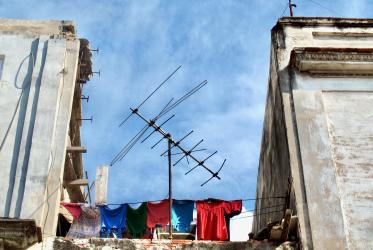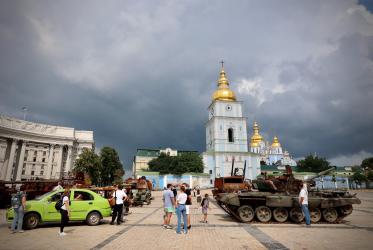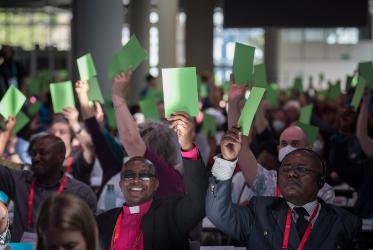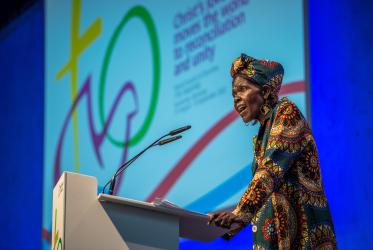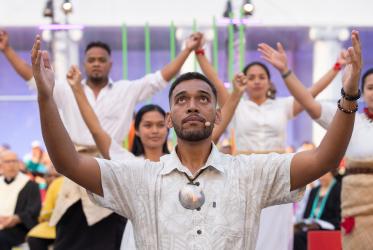The Spirit of the Lord is upon me,
because he has anointed me
to bring good news to the poor.
He has sent me to proclaim release to the captives
and recovery of sight to the blind,
to let the oppressed go free,
to proclaim the year of the Lord’s favour.
(Luke 4:18-19)
The current global context is marked by escalating conflicts, divisions, inequalities, resurgent racism, xenophobic attacks on migrants, antisemitism, violations of the rights of women and other forms of discrimination, threats against human rights defenders, as well as authoritarianism, populist nationalism, and religious and other forms of extremism, that threaten grave peril for the physical security and human dignity and rights of diverse communities and individuals around the world.
12 November 2022
Executive committee



